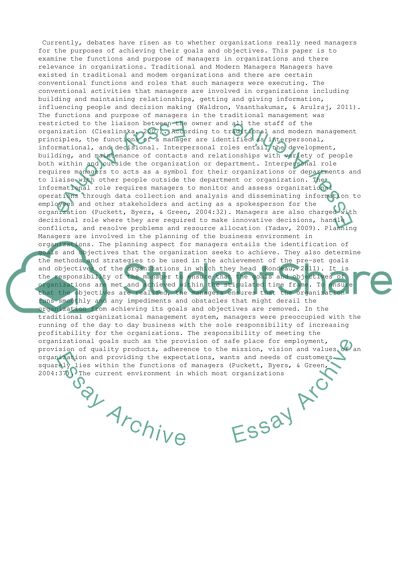Cite this document
(“Do Organisations Need Managers Essay Example | Topics and Well Written Essays - 1750 words”, n.d.)
Do Organisations Need Managers Essay Example | Topics and Well Written Essays - 1750 words. Retrieved from https://studentshare.org/management/1438601-do-organisations-need-managers
Do Organisations Need Managers Essay Example | Topics and Well Written Essays - 1750 words. Retrieved from https://studentshare.org/management/1438601-do-organisations-need-managers
(Do Organisations Need Managers Essay Example | Topics and Well Written Essays - 1750 Words)
Do Organisations Need Managers Essay Example | Topics and Well Written Essays - 1750 Words. https://studentshare.org/management/1438601-do-organisations-need-managers.
Do Organisations Need Managers Essay Example | Topics and Well Written Essays - 1750 Words. https://studentshare.org/management/1438601-do-organisations-need-managers.
“Do Organisations Need Managers Essay Example | Topics and Well Written Essays - 1750 Words”, n.d. https://studentshare.org/management/1438601-do-organisations-need-managers.


